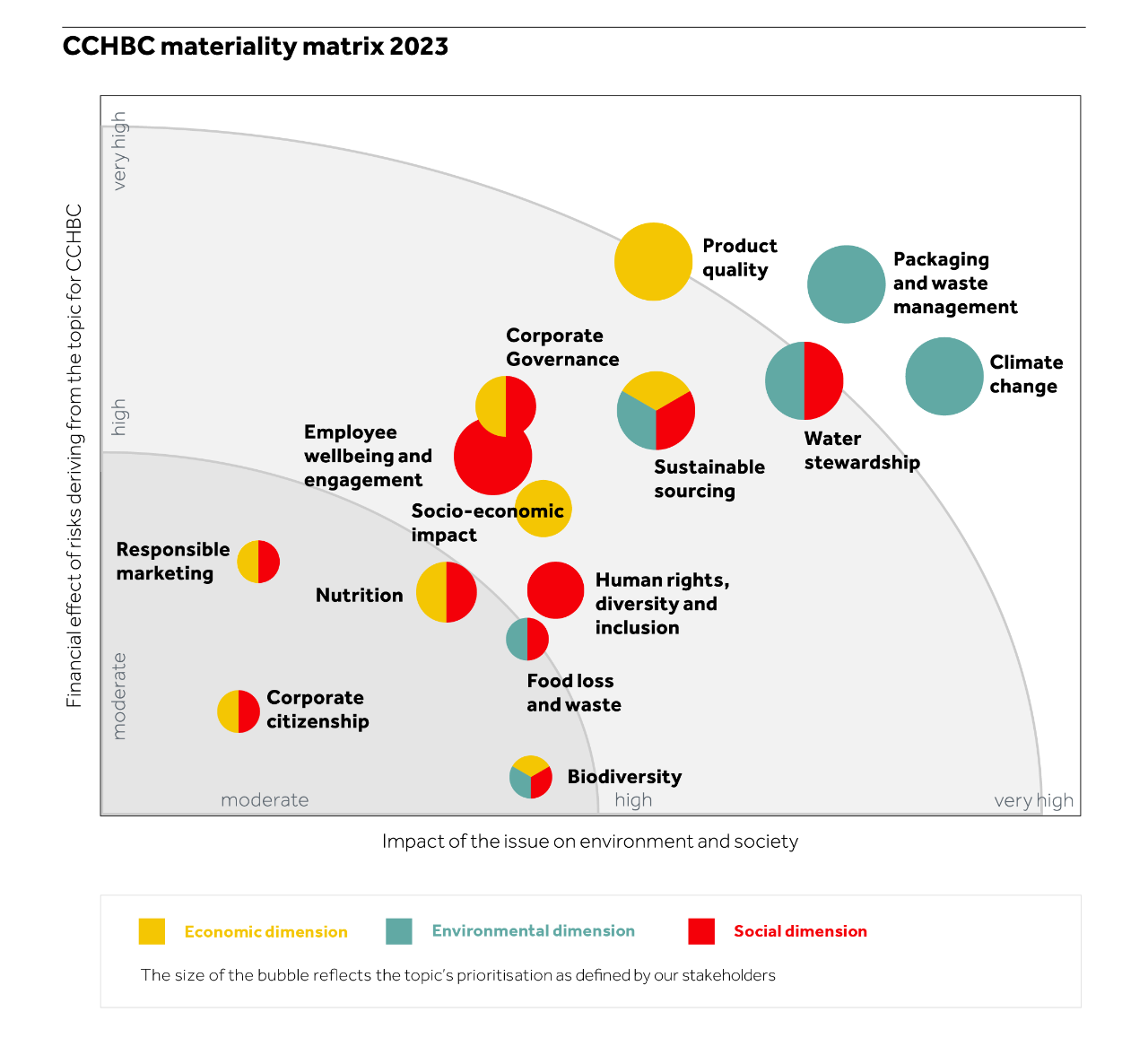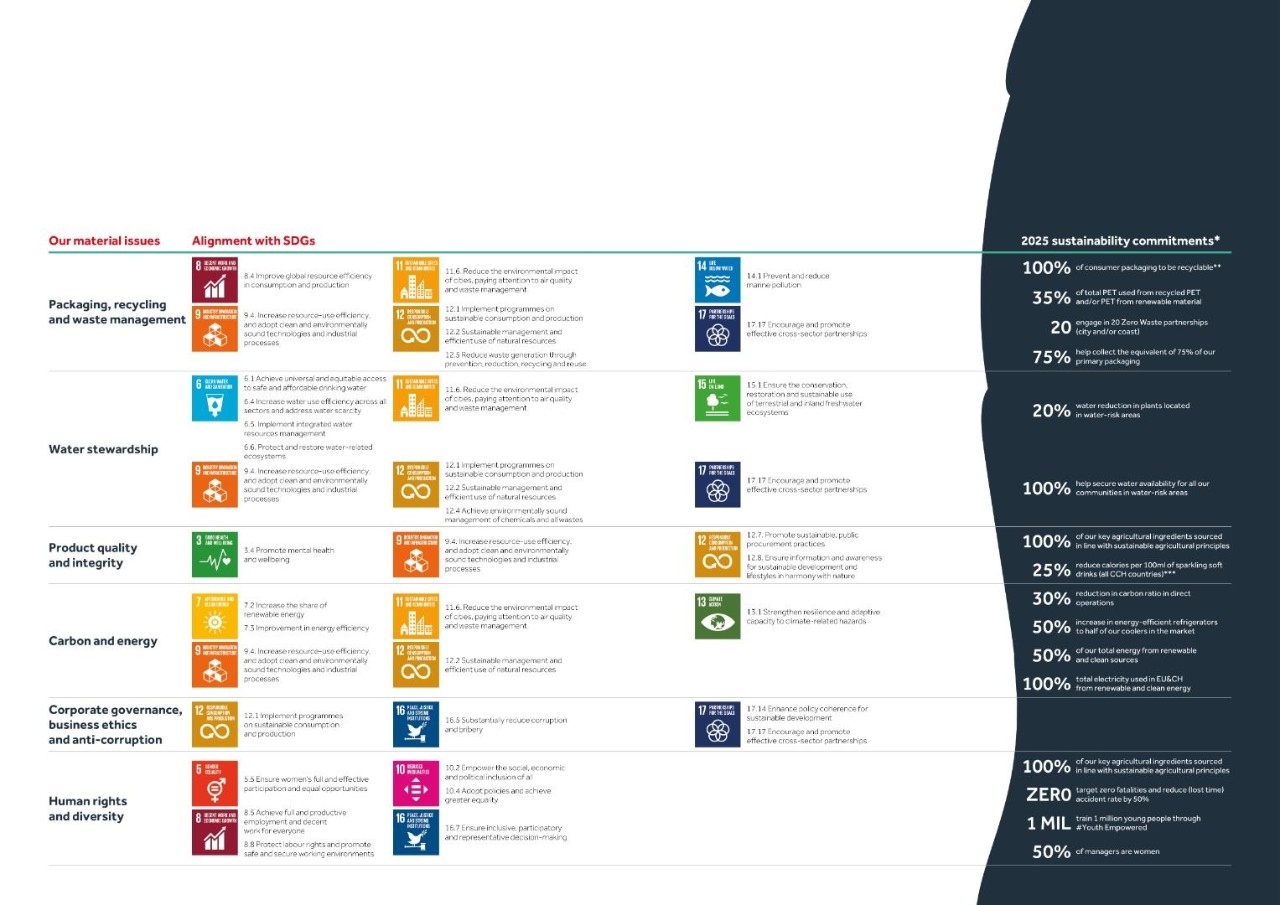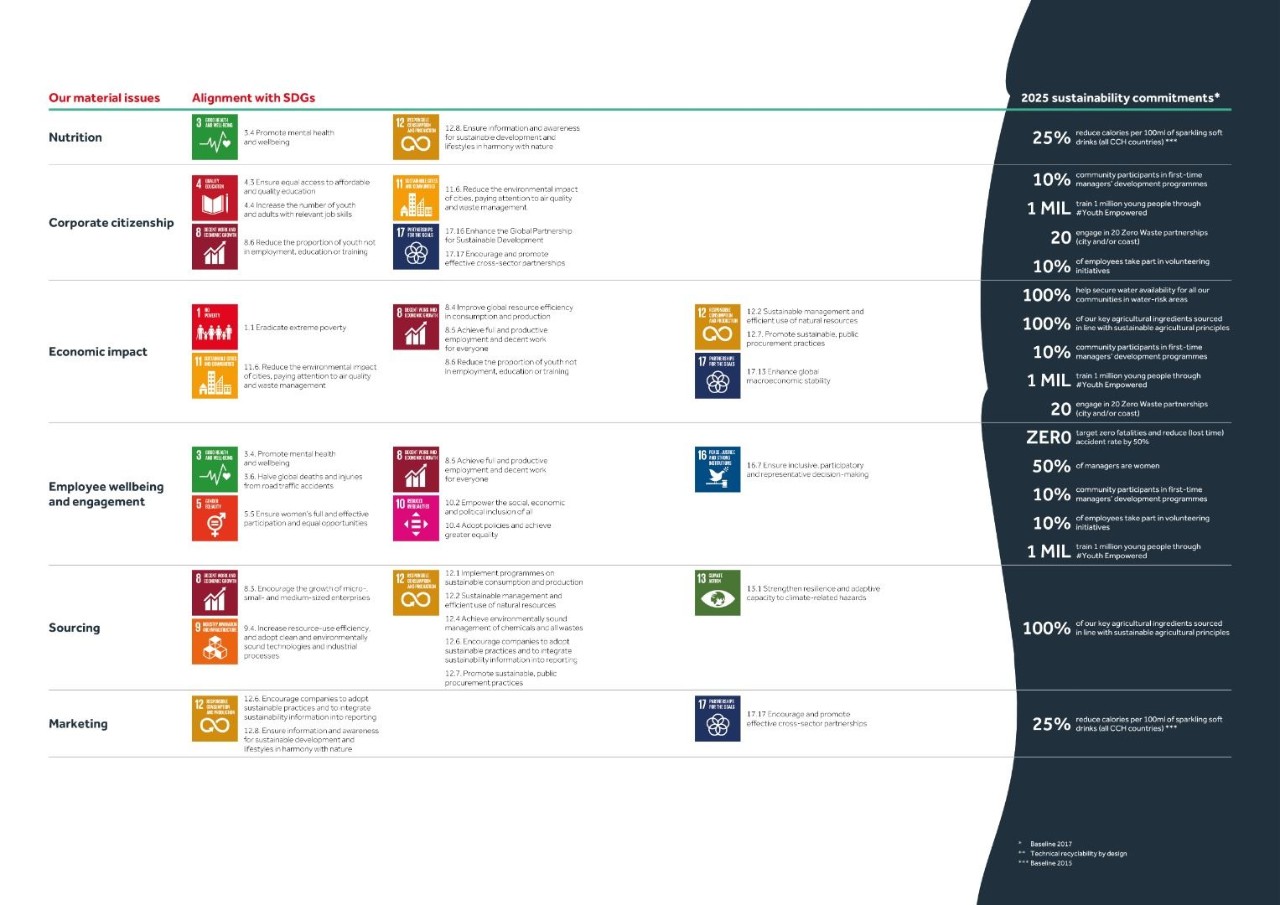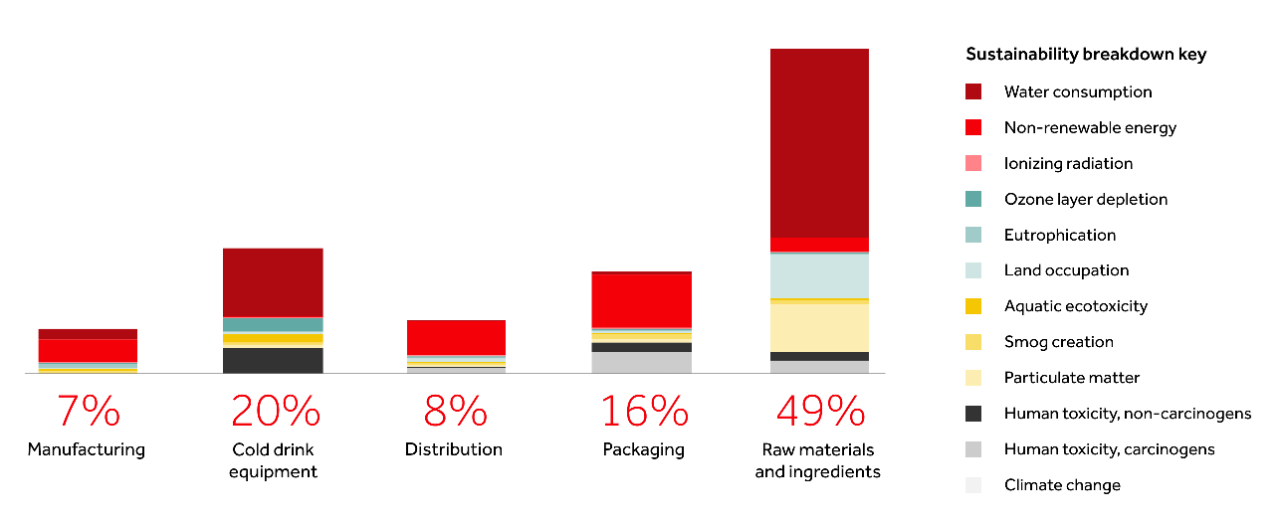Our material issues are those that matter most to our stakeholders and broader shareholder groups, and subsequently impact the Company’s value drivers, competitive position and long-term value creation.
Our Materiality assessment process looks in depth at our role in society, specifically the impact we have on stakeholders, communities and the environment, as well as their impact on our own activities. We conduct this assessment at least annually, evaluating the complex interaction between our business, our stakeholders and the world at large. The outcome is a list of topics that matter most to our stakeholders and our business, incorporating current and emerging ESG trends.
We assess our material issues annually to ensure that we prioritise the issues that have the greatest impact on the economy, society and the environment, and at the same time are financially material for our business. In addition to the impact materiality, where we assess impacts the organisation has or could have on the economy, the environment, people, and human rights, which in turn can indicate their contribution to sustainable development (inside-out approach), we also take an ‘outside-in’ approach. This means we focus on the financial impact which identifies and analyses the material topics from a financial point of view, namely those that affect or could affect the Company’s financial condition or operating results (outside-in approach).
Our annual materiality assessment, is carried out in four phases:
- Understanding the context to identify a ‘long list’ of potentially relevant material issues
- Assessing their impact on society and environment
- Assessing their impact on, or importance to, stakeholders and the business, including financial impact
- Reviewing and validating findings and reporting priority areas
In step one, we carry out an analysis of the main current and emerging ESG trends in the beverage industry by using desktop research, benchmarking with peer companies, output from different ESG raters and indices, reports and articles on global trends and beverage industry trends, regulatory developments and standards (such as CSRD, ESRS, ISSB, SASB, and the GRI Standards)1, and by listening to the concerns of our stakeholders at both a local and Group level.
In step two and three, we consult with approximately 500 internal and external stakeholders, including customers, wider consumers, employees, suppliers, community representatives, governments, non-governmental organisations, investors, trade associations and academics. We ask them to identify the topics they see as having the greatest impact on people, society, the economy and the environment over time, as well as those significantly impacting our financial performance. We also ask which topics they want us to prioritise in our strategy and plans. We take an integrated, inclusive approach, drawing on Group risk assessments, colleague input across multiple functions and insights from The Coca-Cola Company.
In applying this rigorous methodology, we are able to assess impacts both negative and positive, short- and long-term, intended and unintended, and reversible or irreversible – all from the perspective of different stakeholder groups. We are also able to evaluate the scale, scope, irremediability and likelihood of each impact across the value chain: upstream, in our direct operations, and downstream. Our materiality assessment is integrated in the Enterprise Risk Management (ERM) process and we evaluate the risks and opportunities associated with priority topics.
In step four, the material areas are verified by an internal cross-functional team and presented for approval to the Sustainability Steering Committee at the Executive Leadership Team level. The Executive Leadership Team (ELT) ensures proper implementation of all priority areas in our overall strategic framework. This includes setting and disclosing targets and metrics to measure progress. Finally, the assessment is reviewed and endorsed by the Social Responsibility Committee of the Board of Directors.
Our systematic materiality assessment process helps us prioritise the issues in line with the GRI Standards. The issues are interconnected and should not be viewed as separate items. The material issues identified are integrated into our Growth Story 2025 strategy, our short-, medium-, and long-term goals and our management of risks and opportunities across the value chain.
[1] CSRD: Corporate Sustainability Reporting Directive; ESRS: European Sustainability Reporting Standards; ISSB: International Sustainability Standards Board; SASB: Sustainability Accounting Standards Board; GRI: Global Reporting Initiative.








